-
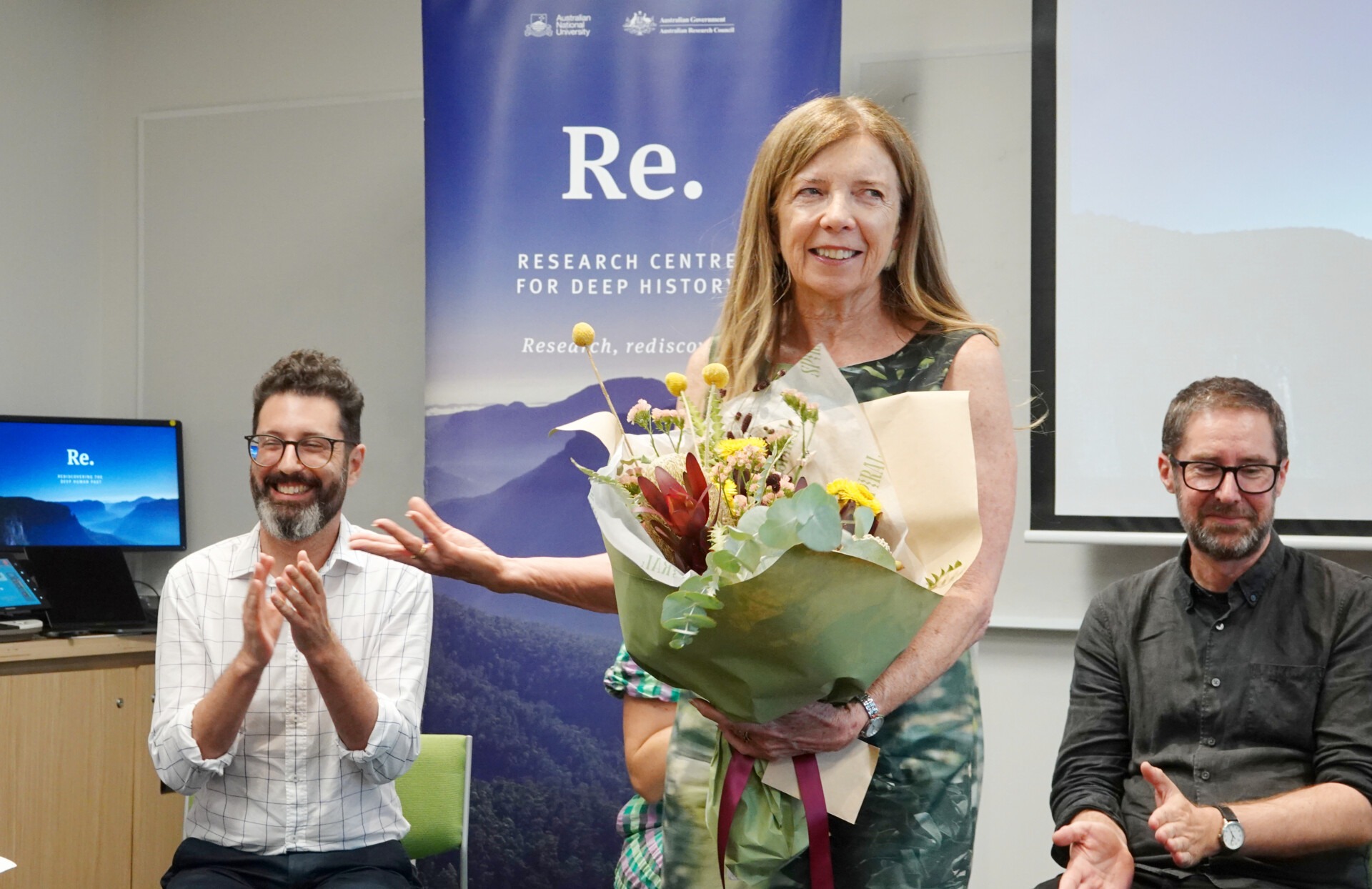
The End of Deep History? The Finale
To mark the closure of the Research Centre for Deep History and the completion of the seven-year Laureate program, we ran a day-long event entitled The End of Deep History? On the 19th February 2025, we had plenty of time to ponder the value of ‘deep history’, where we’ve been as a team, and whether deep history had a future.
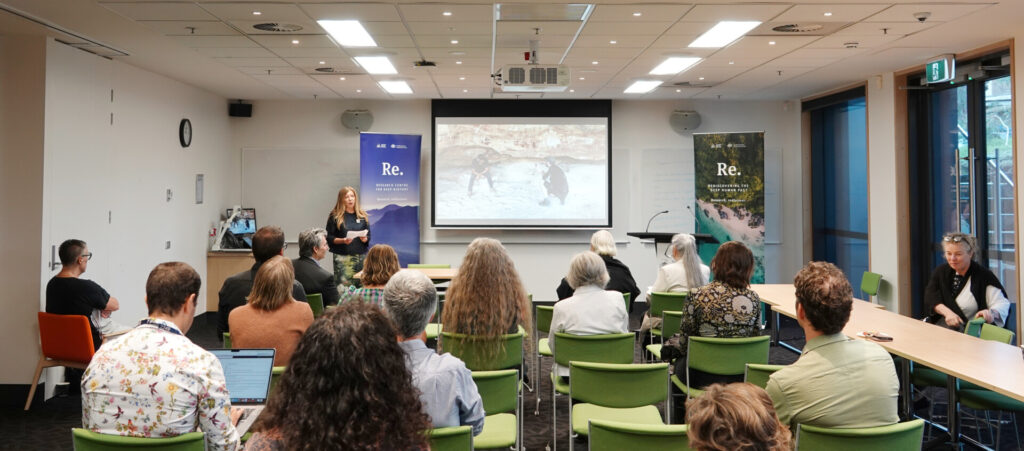
The group was warmly welcomed by Aunty Dr Matilda House, Ngunnawal, Ngambri and Wiradjuri elder. Matilda had launched the Centre in 2019 at the same venue, China and the World Centre. She explained how she was right behind us, supporting the team’s work, and that she would always be here for us.
This memorable Welcome was followed by a launch address by Professor Bron Parry, Dean of the College of Arts and Social Sciences. Professor Parry was highly complementary of the many achievements of the Laureate Program and the Centre. She praised Ann McGrath’s leadership and especially her role in enabling the five postdoctoral fellows to gain expansive opportunities. She noted that they had each gone on to excellent academic jobs and prestigious fellowships, as well as noting some of Ann’s personal achievements. Bron lauded the importance of the Centre’s outreach programs, which included the Marking Country site and the Indigenous Family History workshops.
We were honoured to hear Professor Jackie Huggins, the Senior Advisor to the Marking Country project, outline the work she had done in Carnarvon Gorge with elder Uncle Fred. She also reflected upon the absence of Aboriginal history in her school experience, how this made her want to study history, which she did, and she ended up writing several pathbreaking books.
It was a gathering of many people who have been supportive of the project and others who took up its challenges. Advisory Committee members Professors Lynette Russell, Alison Bashford and Jakelin Troy were all present, and they were thanked for being so supportive over the past seven years. All three of the Centre’s Research Associate/Project Managers Julie Rickwood, Jen Bird and Eri Kashima attended, and hopefully they enjoyed an opportunity to reflect on the fruits of their labour. Eri wasn’t able to sit back and observe however, having organised all the logistics of the event, she kindly ensured everything ran smoothly. Frank Bongiorno, a former Head of School who generously supported the Centre, and Brenda Croft, one of our outstanding and talented Collaborating Scholars, also attended, as well as Kim Rubenstein and many other friends and colleagues.
Ann McGrath provided an overview presentation of some of the program’s highlights, including fieldtrips, symposia, and various gatherings, and commented on the outstanding contributions and leadership of the team members, Collaborating Scholars and many others – a presentation that Commentator Alison Bashford described as akin to a family slideshow.
The five Laureate postdoctoral fellows gave detailed papers that reflected their collaborative fieldwork with Indigenous knowledge holders. Ben Silverstein revealed stories of fishing with Yawuru elders, who explained the importance of speaking to fish, the tides and deep relations to Country; Mike spoke about Thangoo station, pastoralism, the tamarind tree, and the digital mapping project. Laura Rademaker gave an intriguing paper tracking the history of western scholarly approaches to Indigenous religion and later to spirituality. Beth spoke about Indigenous family history education, the history curriculum and collaborations with Ngarrngga at University of Melbourne. Amy Way talked about the history of antiquity in Australia, and how doing field work with Jackie and Uncle Fred had expanded her ideas about Country and History and about rock art as an archive.
Emphasising the owl story, Doctoral student Neil Brougham discussed the definition of myth and the range and historical spread of myths in the Pilbara and neighbouring regions. Jackie Huggins reflected on her long history of advocacy, and especially her work towards truth-telling and a treaty initiatives, the recent political challenges after the Voice Referendum, and how she had now turned to an academic space to advance truth-telling for healing. Both Jackie and Amy spoke about learning from Uncle Fred, the way he listened to Country and the way the birds talked to him. Jakelin Troy then made various comments on her involvement in the project, including the significance of deep history for telling her snow stories, of thinking about bird travel techniques up alpine chairlifts, and material objects such as rocks and looms as deep history.
Professor Maria Nugent, the Head of the History School, introduced the final Roundtable event of the day, which saw a full house. She and others commented on the Laureate team’s research as demonstrating strong ethical principles. Professor Christian Barry, the Director of the Research School of Social Sciences, commented on how difficult it was to be awarded a Laureate, intimating that most were in the Sciences. He noted how team-work was vital but not always a strongpoint of humanities scholars. He emphasised the calibre of the postdoctoral Laureate fellows, explaining that they were vital colleagues, injecting energy into the Research School. He commented on how unusual it was to be in a room with 3 Laureate Fellows! One of these, Professor Lynette Russell, gave a polished performance convening the Roundtable. Having taken copious notes throughout the day’s proceedings, she posed many provocative questions to put to the group, as well as offering an amazing bird story about the power of human-more-human nexus and Country as provider. Question time with the audience led to discussion of new ways to expand thinking about oral history – including ‘paying attention’ and ‘deep listening’.
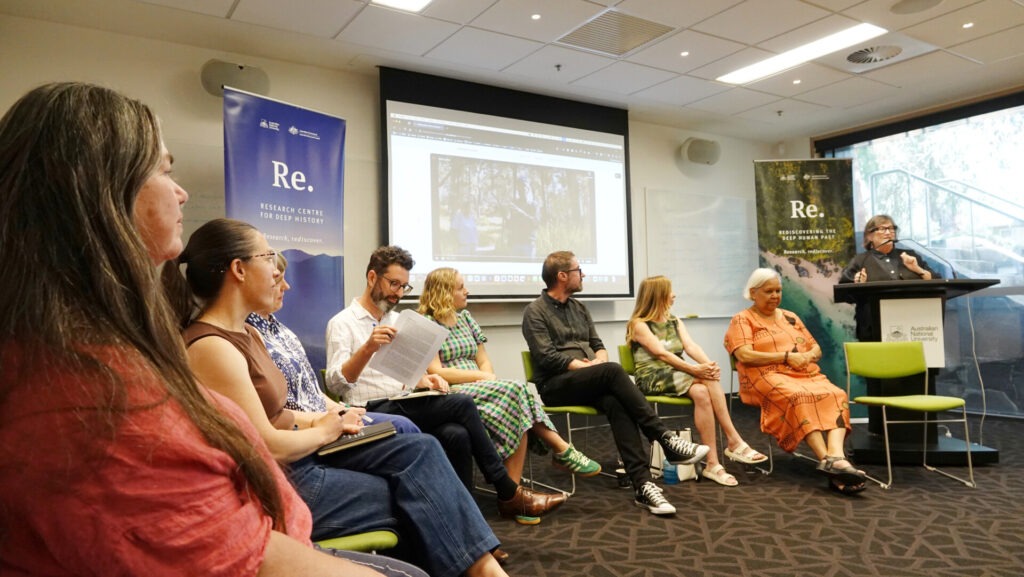
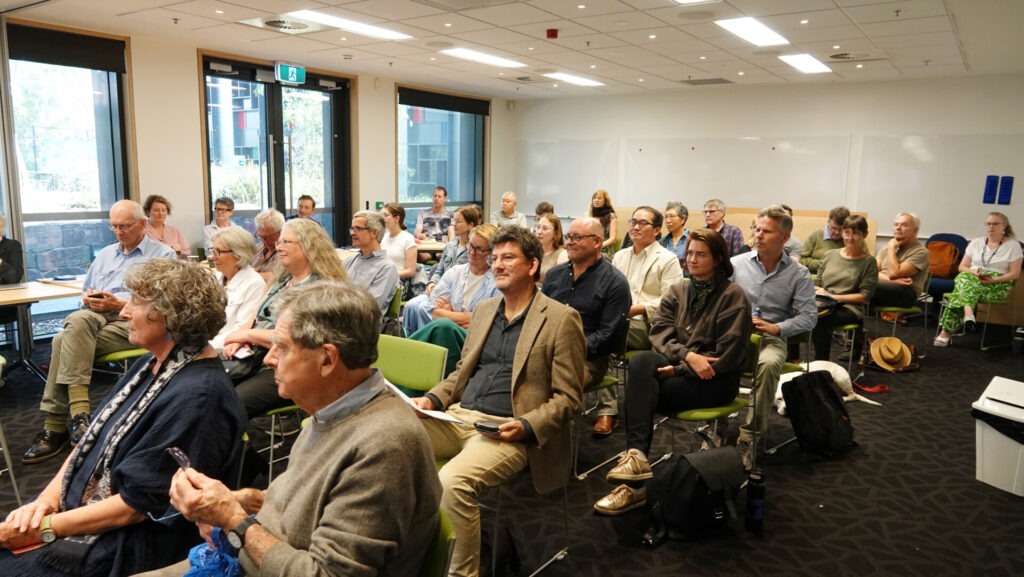
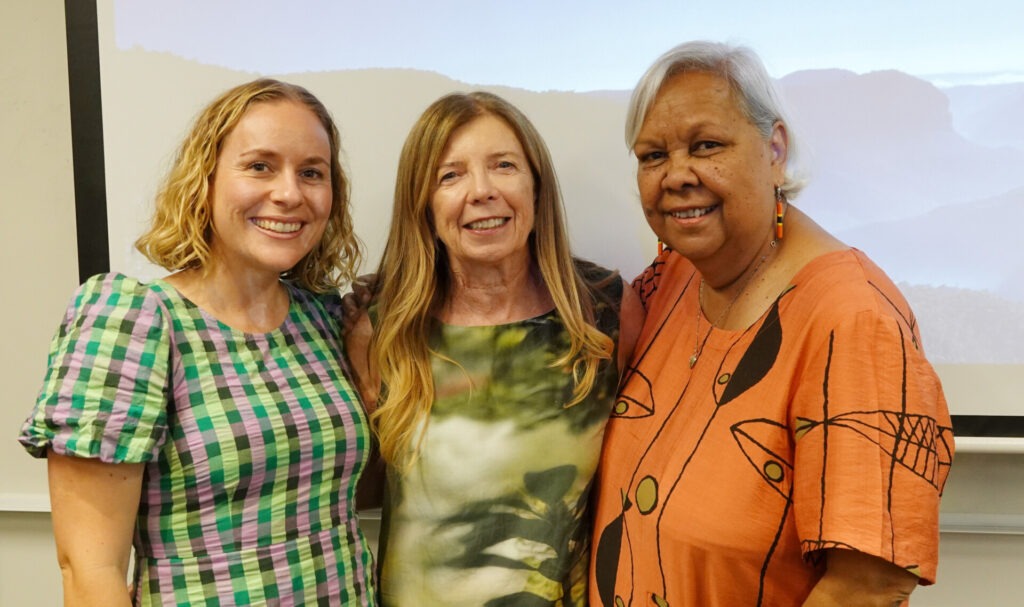
It was a very positive way to end the seven years. The catering was excellent. When one of their staff commented that the event seemed different from the usual ones they attended, they were asked why, responding that it was because everyone looked relaxed and like they were having fun. Best event review ever!
We’d like to thank you all for joining us on this extraordinary journey over the past seven years, and here’s to the future of the deep past.
Many thanks to Xingweiai (Bob) Fang for the excellent photos, Xingweiai.Fang@anu.edu.au
-
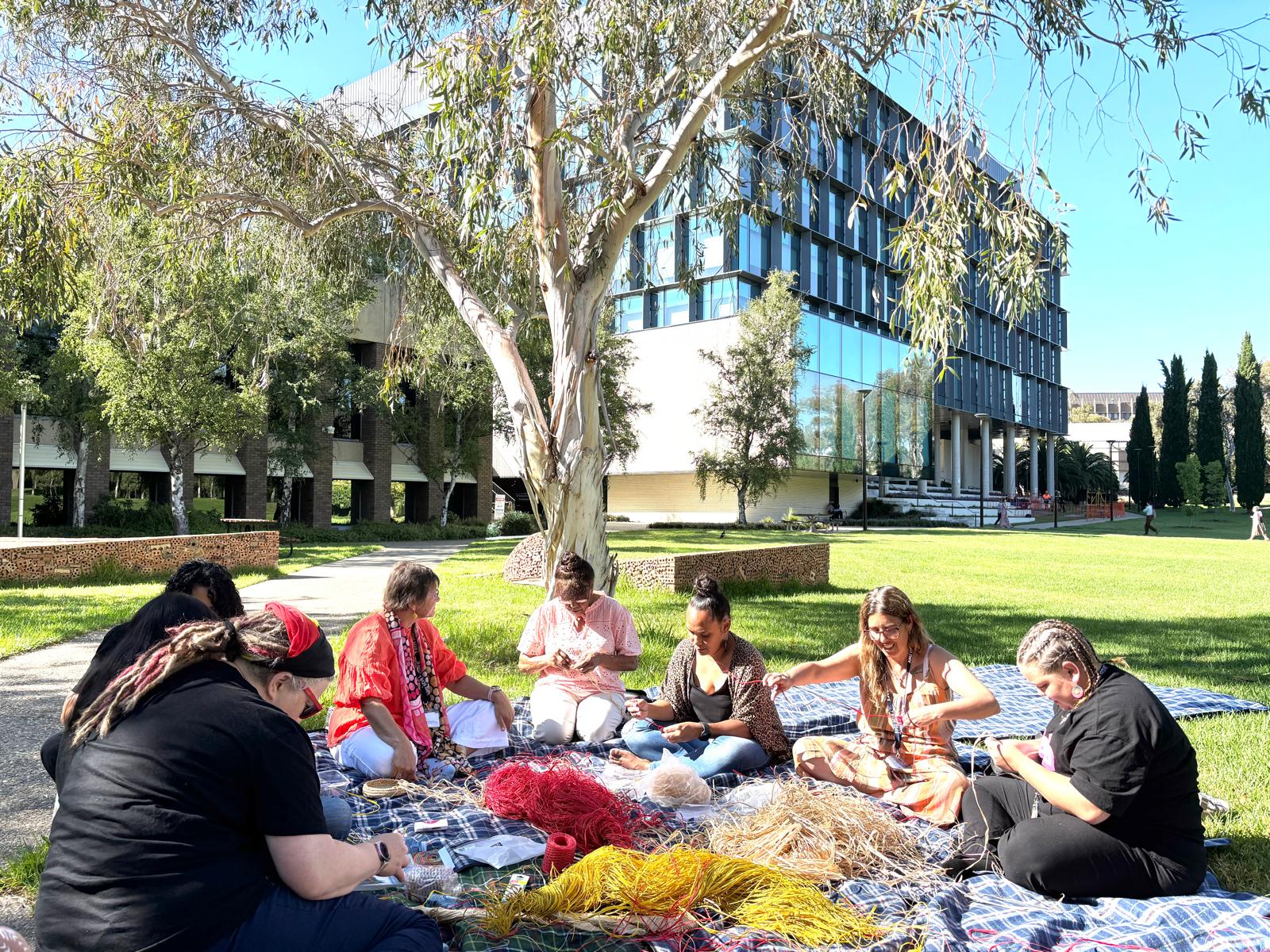
Indigenous Family History Research Residency 2025
The Research Centre for Deep History was very pleased to host the third Indigenous Family History Research Residency from 28 January to 7 February 2025. We welcomed 10 Indigenous family historians who spent 8 days in Canberra. The program for this residency followed those of the earlier programs, with participants visiting archival institutions, with support from the AIATSIS Family History Unit, the Aboriginal and Torres Strait Engagement team at the National Archives Australia, and the Indigenous Engagement Team at the National Library Australia, and the team at ANU Archives. Many of the participants in this group also visited the Australian War Memorial and were well supported by the Indigenous research team there. We were also pleased to welcome Professor Bruce Scates who delivered a fantastic session on using war records for family history.
As with the previous programs, the highlight for this group were the sessions delivered by the amazing cast of Indigenous historians who have been involved in and supported this project. The generosity of Professor Jackie Huggins, Dr Shauna Bostock, Dr Kath Travis and Adj. Prof Aunty Judi Wicks in sharing their time, expertise and support with the group has enriched the program beyond measure. We would also like to express our gratitude to Aunty Matilda House for her support of the program and engagement with the participants.
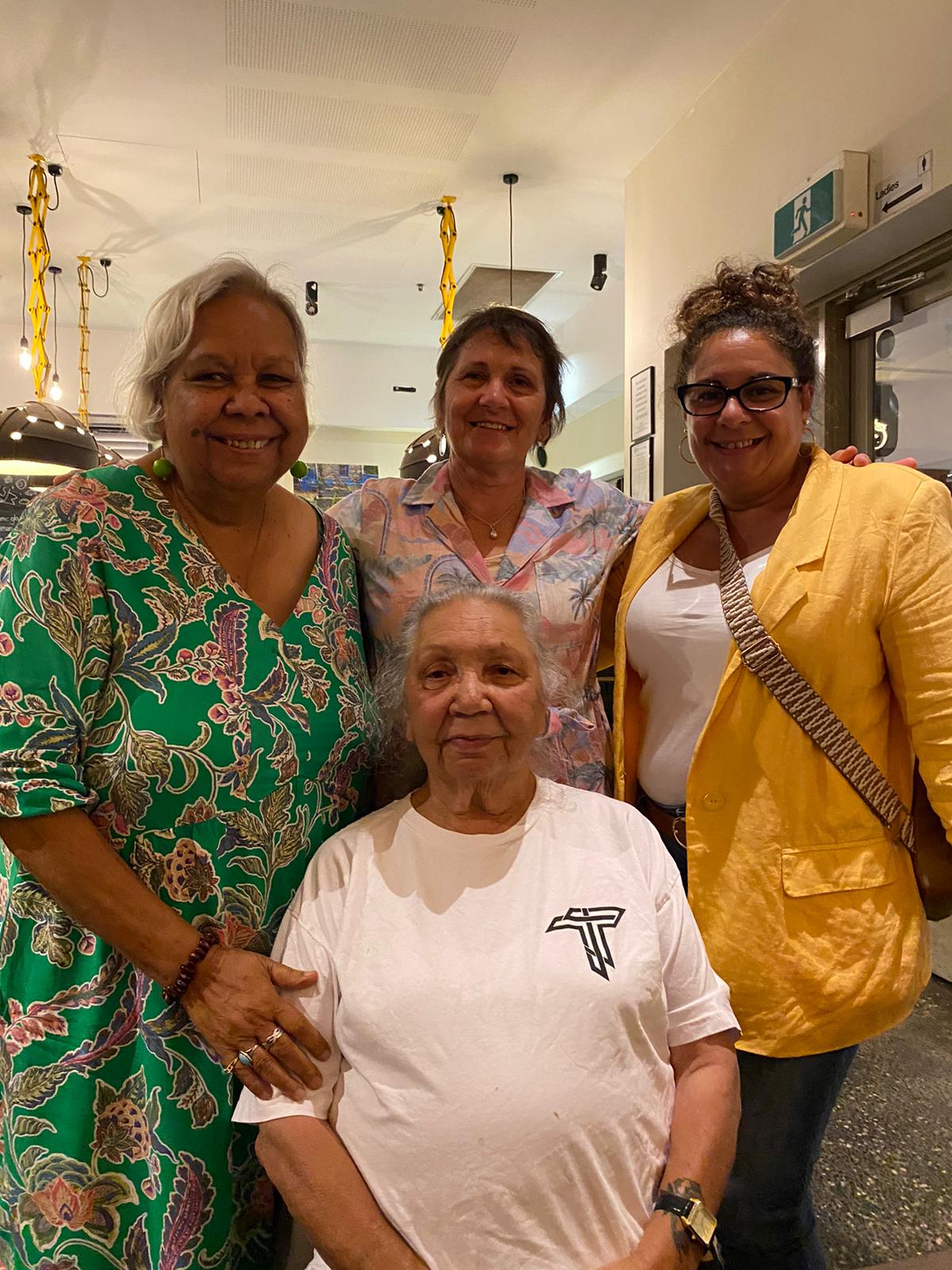
We worked hard to incorporate into this program the suggestions generously provided participants in the Oct-Nov 2024 program, including the need for everyone to fit into one bus! The schedule also included more self-directed research time, with participants spending lots of time on site at the NLA, NAA, AIATSIS, and the AWM, undertaking their family history research. Thanks to additional support from the Gender Institute, this program also featured two key components (both suggested by previous participants), to support the participants’ social and emotional wellbeing.
The first was the materials for a weaving circle, that provided an opportunity for the group to connect informally, and to engage in a shared activity that continued beyond the scheduled session into shared weaving sessions in the accommodation. The second component was the provision of counselling support from Glennis Church of The Connected Purpose. The need for counselling support was noted by participants in the 2024 program, and further feedback from the 2025 group has made clear that this is a crucial component for programs like this. We would like to thank Glennis, and Justin Church—founder of The Connected Purpose— for their support of everyone involved in the program.
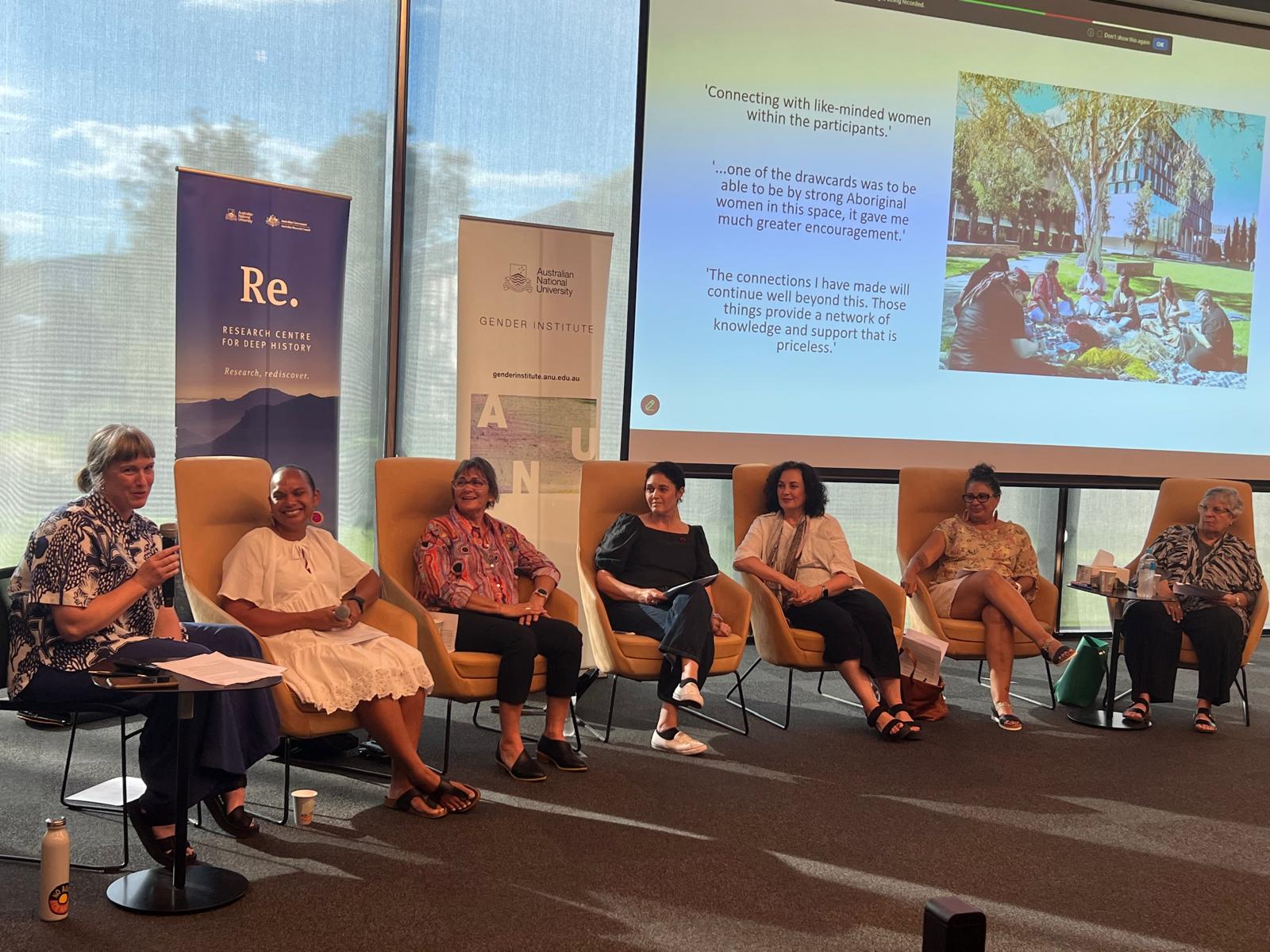
This program also featured a public panel, ‘Taking back our stories’: Talking about Indigenous Women’s Family History Research, featuring Aunty Judi Wicks, Kath Travis, Chick Ewards, Sharlene Allsopp, Natasha Majid, Kat Ellinghaus and Beth Marsden. Interest in the Indigenous Family History Research Residencies in 2024 and 2025 has been overwhelmingly positive: from participants, applicants, facilitators and the national institutions involved. We approached this event with this positive reception in mind and with the intention to showcase the importance of the residential program to Indigenous family historians. We also aimed to contribute to academic and public understandings about Indigenous family history; to disseminate ideas and practical advice about how to develop similar programs, and to illustrate the value of creating space and time for connecting and networking. The forum also sought to generate further interest in the residential program, and to attract future funding opportunities. The forum event was well-attended in person and online: a recording is available for viewing below.
-
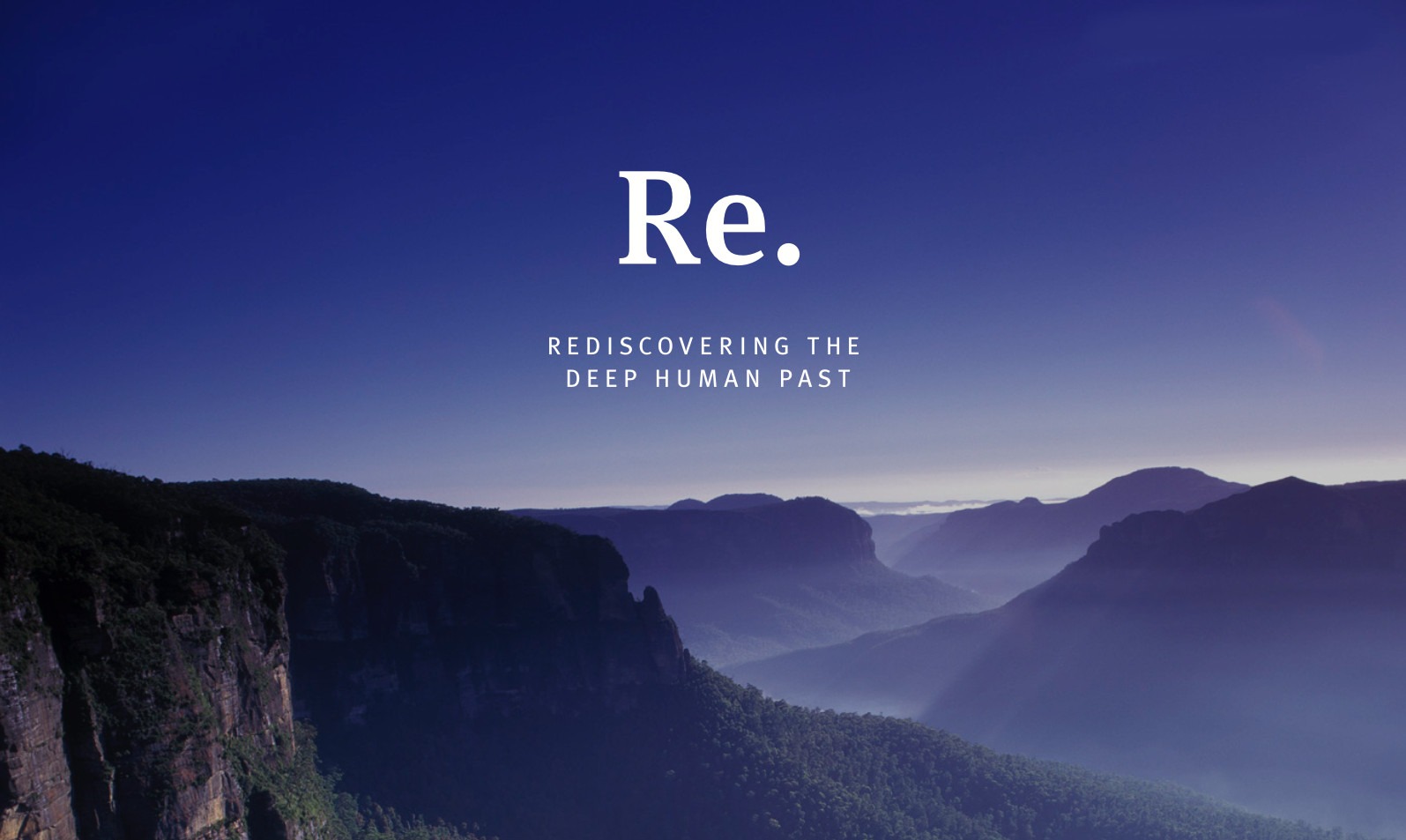
Event: The End of Deep History? Where have we been and where to now?
Wednesday, February 19 · 9:30am – 5.30pm AEDT
Australian Centre on China in the World (Seminar Room), The Australian National University (Canberra): Building 188, Fellows Lane Acton, ACT 2601A reminder to register for the symposium next Wednesday marking the end of the Research Centre for Deep History and the seven-year ARC Kathleen Fitzpatrick Laureate Program ‘Rediscovering the Deep Human Past: Global Networks, Future Opportunities’. More details here.
-

Event: The End of Deep History? Where have we been and where to now?
Wednesday, February 19 · 9:30am – 5.30pm AEDT
Australian Centre on China in the World (Seminar Room), The Australian National University (Canberra): Building 188, Fellows Lane Acton, ACT 2601This Symposium marks the end of the Research Centre for Deep History and the seven-year ARC Kathleen Fitzpatrick Laureate Program ‘Rediscovering the Deep Human Past: Global Networks, Future Opportunities’, ed by Professor Ann McGrath AM and a talented team based at the Australian National University. Defying our interest in critiquing periodization and its approaches to temporality, this gathering will track where we are at this very specific ‘end-time’. Where have we journeyed, intellectually and physically? What new directions might be mapped out for the future? If indeed, deep history has a future…
The program is composed of two panel sessions: Expanding Historical Thinking? Digital Ends and Deep Histories and Deep History, Sovereignty & the History of Truth Telling. The event will be capped with a special School of History Seminar Session in the form of a Roundtable discussion “The End of Deep History? Where have we been and where to now?”, where RCDH members and alumni will reflect on the centre’s impact and its outputs.
Please register (free) for catering purposes.
Program
9.30 am – 10.30 Morning tea, welcome to country and opening reflections [Aunty Matilda House, Prof Bronwyn Parry, Dean of CASS and Prof Jackie Huggins]
10.30 am – 12.30 pm Expanding Historical Thinking? Digital Ends and Deep Histories (Ann McGrath, Alison Bashford, Amy Way, Mike Jones, Ben Silverstein)
12.30 pm – 1.20 pm Lunch
1.20 pm – 3.30 pm Deep History, Sovereignty & the History of Truth Telling (Jackie Huggins, Jaky Troy, Ben Silverstein, Beth Marsden, Laura Rademaker)
3.30 pm – 4.00 pm Afternoon tea
4.00 pm – 5.00 pm History Seminar Session: RCDH Panel Discussion The End of Deep History? Where have we been and where to now? (Panel discussion featuring Jackie Huggins, Mike Jones, Amy Way, Laura Rademaker, Ben Silverstein, Beth Marsden, discussion led by Lynette Russell & Ann McGrath)
-

Event: ‘Taking back our stories’: Talking about Indigenous Women’s Family History Research
A reminder that the panel ‘Taking back our stories’: Talking about Indigenous Women’s Family History will be taking place at the ANU this Thursday the 6th of February 2025 (5–6.30pm). Registration is still open. The panel will feature Aunty Judi Wickes and Dr Kath Apma Penangke Travis with contributions from Dr Beth Marsden, collaborator Professor Kat Ellinghaus and participants in the RCHD’s Indigenous Family History Research Residency. The panel will discuss the opportunities and barriers for Indigenous women to ‘take back’ their stories, and seeks to foster ongoing conversations, and spark new discussions, about Indigenous women’s family history research. The panel is proudly supported by the Research Centre for Deep History and the ANU Gender Institute.
For free registration, and more details on the panel and panelists, visit the Gender Institute website.
When: 6th of February 2025 (5–6.30pm)
Where: RSSS Auditorium, 146 Ellery Crescent, The Australian National University Canberra ACT 2600 Australia
Registration: link
-
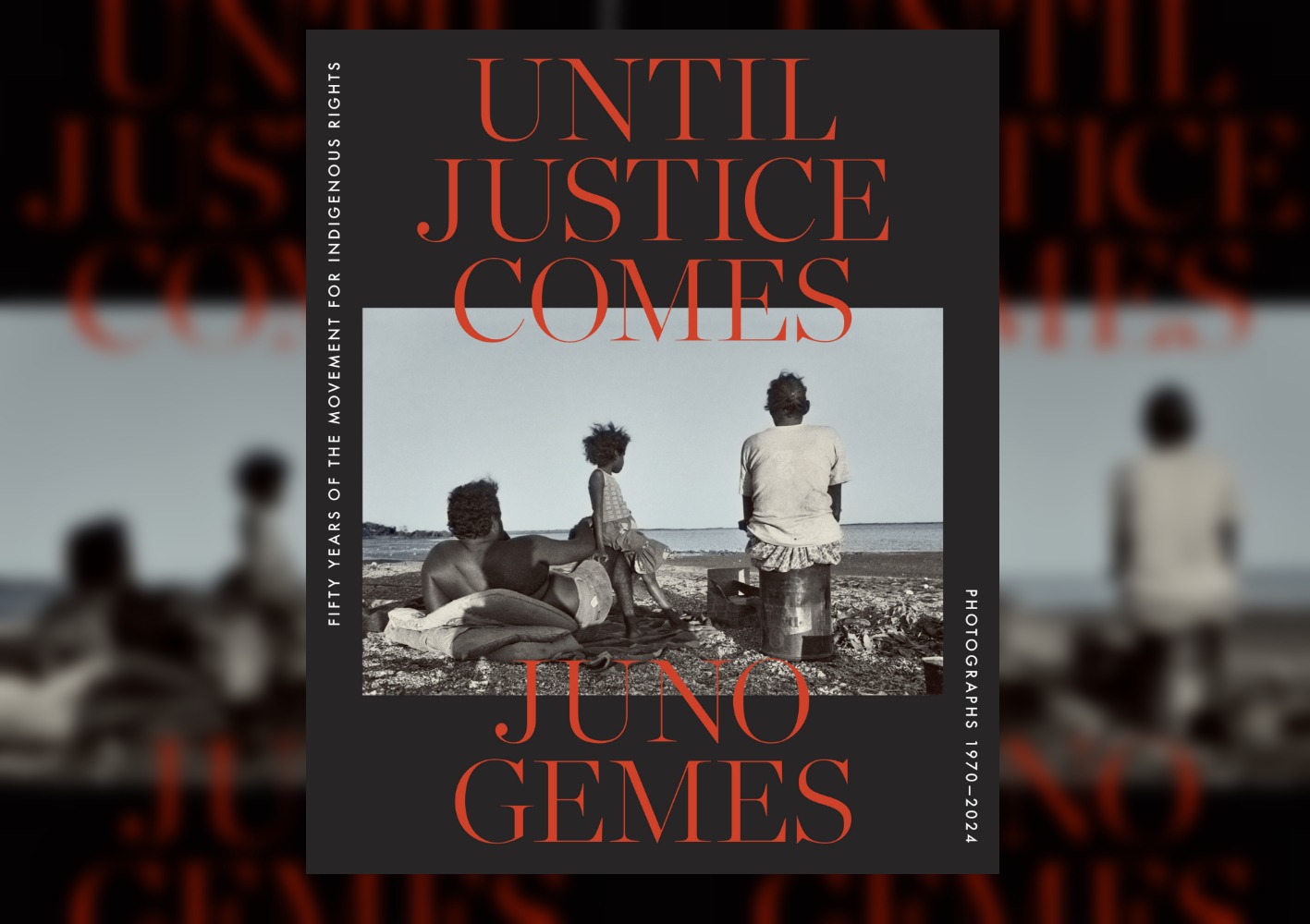
Book launch: Until Justice Comes by Juno Gemes (Registration Required)
We are thrilled to announce the launch of Until Justice Comes (Upswell Publishing) by acclaimed photographer Juno Gemes.
Until Justice Comes is a documentation of Gemes work that spans 50 years of Indigenous Rights movements in Australia between 1970 to 2024.
Join us on Monday the 10th of February from 7pm in celebrating the launch at the Cultural Centre Kambri at ANU to hear Juno speak in conversation with the Honorable Linda Burney, moderated by RCDH Director Ann McGrath.
-

Event: ‘Taking back our stories’: Talking about Indigenous Women’s Family History Research
The Research Centre for Deep History and the ANU Gender Institute are happy to announce the panel ‘Taking back our stories’: Talking about Indigenous Women’s Family History on the 6th of February 2025 (5–6.30pm). The panel will feature Aunty Judi Wickes and Dr Kath Apma Penangke Travis with contributions from Dr Beth Marsden, collaborator Professor Kat Ellinghaus and participants in the RCHD’s Indigenous Family History Research Residency. The panel will discuss the opportunities and barriers for Indigenous women to ‘take back’ their stories, and seeks to foster ongoing conversations, and spark new discussions, about Indigenous women’s family history research.
For free registration, and more details on the panel and panelists, visit the Gender Institute website.
When: 6th of February 2025 (5–6.30pm)
Where: RSSS Auditorium, 146 Ellery Crescent, The Australian National University Canberra ACT 2600 Australia
Registration: link
-
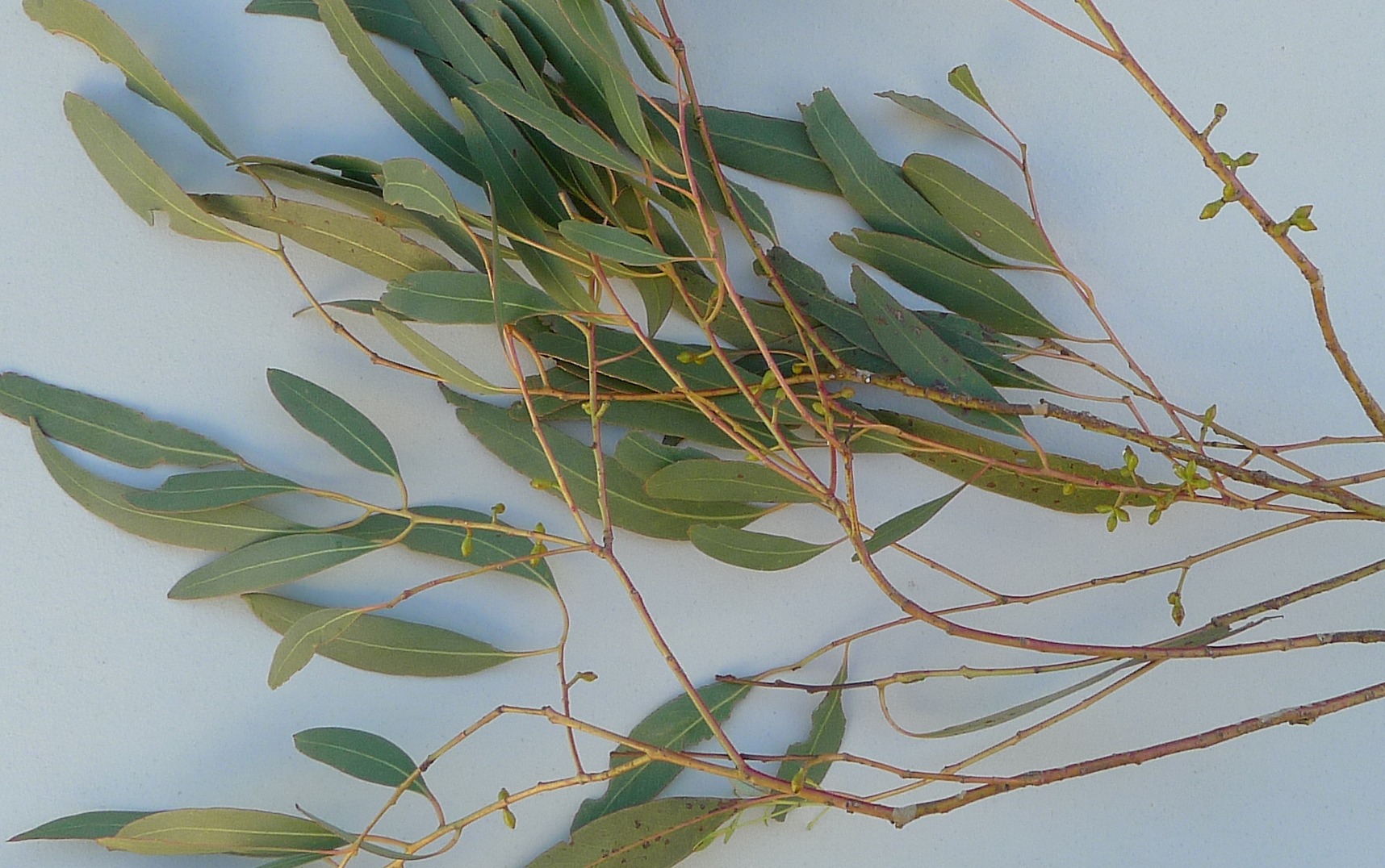
Applications closed for Family History Research Residency 2025
The Indigenous Family History Research Residency for Spring 2024 has closed. We thank everyone who took the time and care to apply.
-
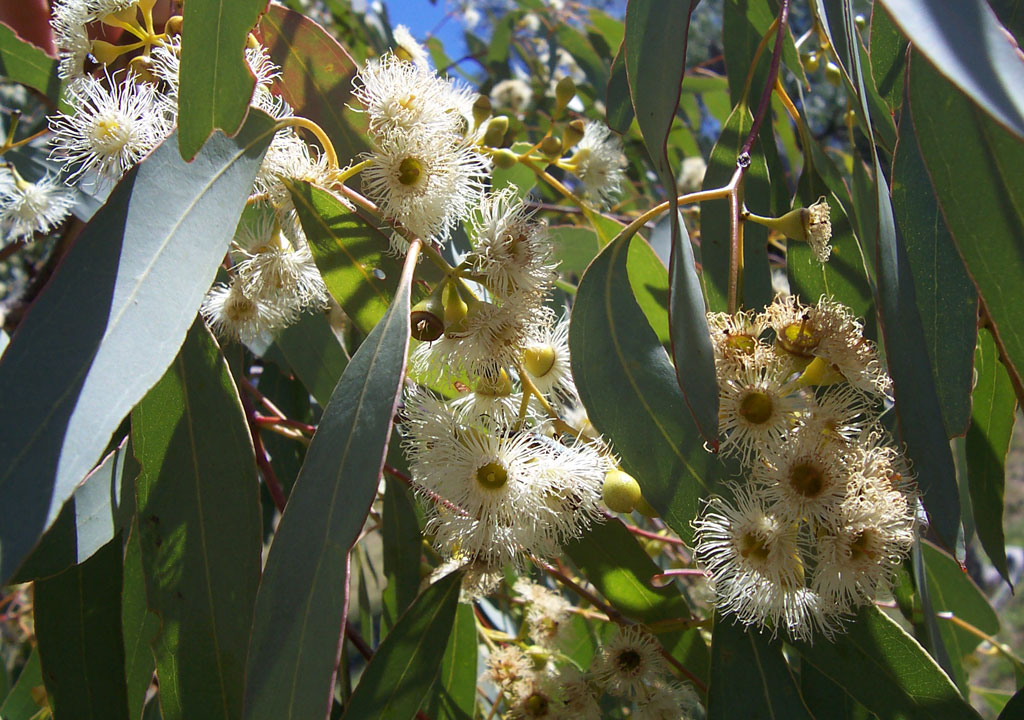
Application closes this Friday 22nd of November: Indigenous Family History Research Opportunity 2025
A reminder that the expression of interest for the Indigenous Family Histories Research Residency (Jan 29 – Feb 7) will close this Friday 22nd November (5pm). Follow the link below for more information about the fellowship. We also have a short write up about the last residency that occurred in October – November.
Thank you to all the people who have sent applications so far.
-

Indigenous Family History Research Residency Spring 2024 Reflection
From 28 October to 8 November the RCDH hosted fifteen Indigenous women from all over the continent for a two-week Indigenous Family History Research Residency. The Residency is designed to provide opportunities for Indigenous women to develop their capacity for researching and writing their own family histories, through a comprehensive two-week residential program at the ANU, featuring sessions by Indigenous historians. The residency is supported by the Australian Research Council’s Kathleen Fitzpatrick Fellowship and Laureate, the College of Arts and Social Sciences and funding from ANU’s Gender Institute.
After a rousing Welcome to Country from Aunty Matilda House, the Residency kicked off with a Yarning Circle and sessions led by Professor Jackie Huggins AM and Dr Kath Travis who both shared their own experiences of researching their family histories. Jackie and Kath also joined in on archive visits during the first week, as participants enjoyed regular visits to the National Library Australia, the National Archives Australia, and the Noel Butlin Archives at the ANU. These introductory sessions were designed to familiarise the group with catalogues, reading rooms, and archival materials and to develop familiarity dealing with archival institutions. Researchers were supported by the teams at each institution. One participant noted that ‘seeing physical items and making contacts in these institutions was amazing!’, and another, that ‘having access to the archives as a critical mass,’ including the support of others in the group, helped make the visits some of the best parts of the residency.
The sessions delivered by Jackie, Kath and Dr Shauna Bostock were a highlight of the program for many. One participant said that she could ‘relate to their journeys which is amazingly helpful as this work can be isolating… they are all inspiring.’ Participants said that highlights were ‘having Indigenous teachers who have been on the journey of family research’ and ‘learning from such awesome inspiring women who have achieved so much and are so supportive.’
The second week of the program included visits to AIATSIS and sessions run by Shauna, Professor Kat Ellinghaus and Aunty Judi Wicks. Shauna shared her family history research and writing skills across several sessions, and Kat and Aunty Judi spoke with the group about the complexity of certificates of exemption and family history research.
On Thursday and Friday, as the residency drew to a close, participants made their own presentations to the group, sharing their family history research journeys so far. The presentations demonstrated the diversity of experiences and family histories across the country, as well as showcasing the different paths taken by each of the participants in researching their family histories.
The RCDH would like to thank the teams at the NLA, NAA, AIATSIS and the ANU archives for their support and involvement in the program. This extended beyond the introductory sessions to include support for participants throughout the Residency period as they undertook their own self-directed research, as well as preparation of materials for each participant based on their research plans. We’d also like to thank the NMA for hosting us for a tour on the weekend.
Our biggest thanks must go to the participants themselves, who engaged in the program with enthusiasm, support, friendship, kindness, lots of laughter and good humour. While the program has been designed to facilitate family history research, and to provide supported access to archives and sessions with Indigenous historians, by its nature it also creates the opportunity to meet and spend time with other family historians. Much of the feedback from participants emphasised how integral this was to the experience. ‘Connecting with like-minded women,’ and ‘participants’ generosity in sharing their knowledge and experiences,’ everyone was ‘supportive and understood where each other was coming from.’

